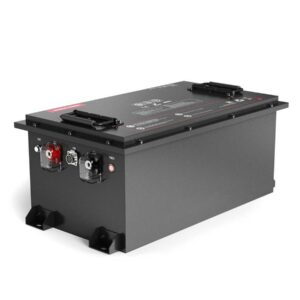
Are Energizer batteries zinc?
Energizer produces multiple battery types, but their standard alkaline batteries are classified as zinc-based systems. These utilize zinc as the anode material and manganese dioxide as the cathode within an alkaline electrolyte (typically potassium hydroxide). This design falls under the broader category of alkaline zinc-manganese batteries, where zinc serves as the primary reactive metal for electron release during discharge.
How to Safely Dispose of and Recycle Car Batteries
What defines zinc-based batteries?
Zinc-based batteries use metallic zinc as the anode, paired with manganese dioxide cathodes. Common variants include alkaline and zinc-carbon chemistries, differing in electrolyte composition (alkaline vs. acidic) and energy density.

In Energizer’s alkaline batteries, zinc powder reacts with potassium hydroxide electrolyte to generate current, achieving 1.5V nominal voltage. The layered cathode structure maximizes manganese dioxide utilization, delivering 50% higher capacity than zinc-carbon equivalents. Pro Tip: Alkaline zinc batteries outperform zinc-carbon types in high-drain devices like cameras – their lower internal resistance maintains voltage stability during peak loads. For example, an Energizer AA alkaline provides 2,850mAh versus 1,200mAh in zinc-carbon under 100mA discharge.
Do all Energizer batteries contain zinc?
While alkaline and zinc-air variants use zinc anodes, lithium-based Energizer batteries (e.g., Ultimate Lithium) employ metallic lithium instead. Zinc remains central to their core alkaline product line.
Energizer’s product segmentation clarifies this distinction: their E90 (AA) alkaline battery contains 11g of zinc, whereas lithium AA models replace it with lithium iron disulfide. The table below contrasts key characteristics:
| Type | Anode | Energy Density |
|---|---|---|
| Alkaline | Zinc | 120 Wh/kg |
| Lithium | Lithium | 300 Wh/kg |
Battery Expert Insight
FAQs
Are Energizer alkaline batteries recyclable?
Yes, but requires specialized processing. The steel casing is 100% recyclable, while zinc/manganese components need approved battery recycling programs.
Why choose zinc-based over lithium?
Cost-effectiveness for low/moderate drain devices. Zinc alkaline batteries provide 1.5V stability at 30% lower cost than lithium equivalents in remote controls or clocks.
